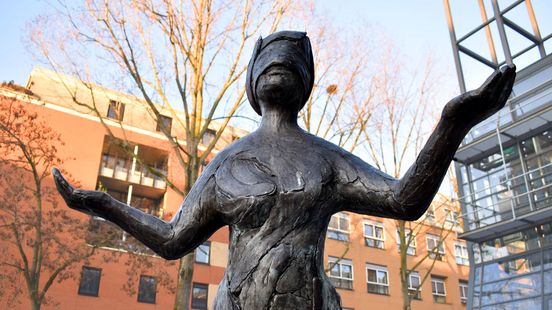Difference between autonomous and sovereign
Autonomous citizens believe that the government cannot exercise power over them and consciously place themselves outside society. They refuse to pay certain taxes and fines because they never agreed to those financial obligations. Other examples of autonomous living are deregistering from the health insurer and refusing bailiffs. Autonomists follow a conspiracy theory based on the idea that it is possible to live within the Dutch national borders and at the same time evade the rights and obligations that come with it. They often want to claim certain benefits, such as social assistance benefits.
The sovereign citizens go one step further. They renounce any form of outside authority. They say they do not have a passport or BSN number. The sovereign does not want to use things from the system in any way. The ‘Reunion of Free People of Flesh and Blood’ is an association that claims to help people become sovereign. They claim that you can claim your sovereignty from the king and then live independently.
The followers of the theories of the autonomous and sovereign are often vulnerable people who have found themselves in a bind in society. However, following those theories only makes the problems worse. Large debts and evictions are often the result.
The AIVD estimated last year that approximately one hundred thousand people believe in the anti-institutional ideology to a greater or lesser extent. The tax authorities are also aware of thousands of supporters who do not want to meet their payment obligations. The AIVD, the Public Prosecution Service and the judiciary have been warning for some time about the consequences of actively adhering to these ideas. These could also lead to extremism.
